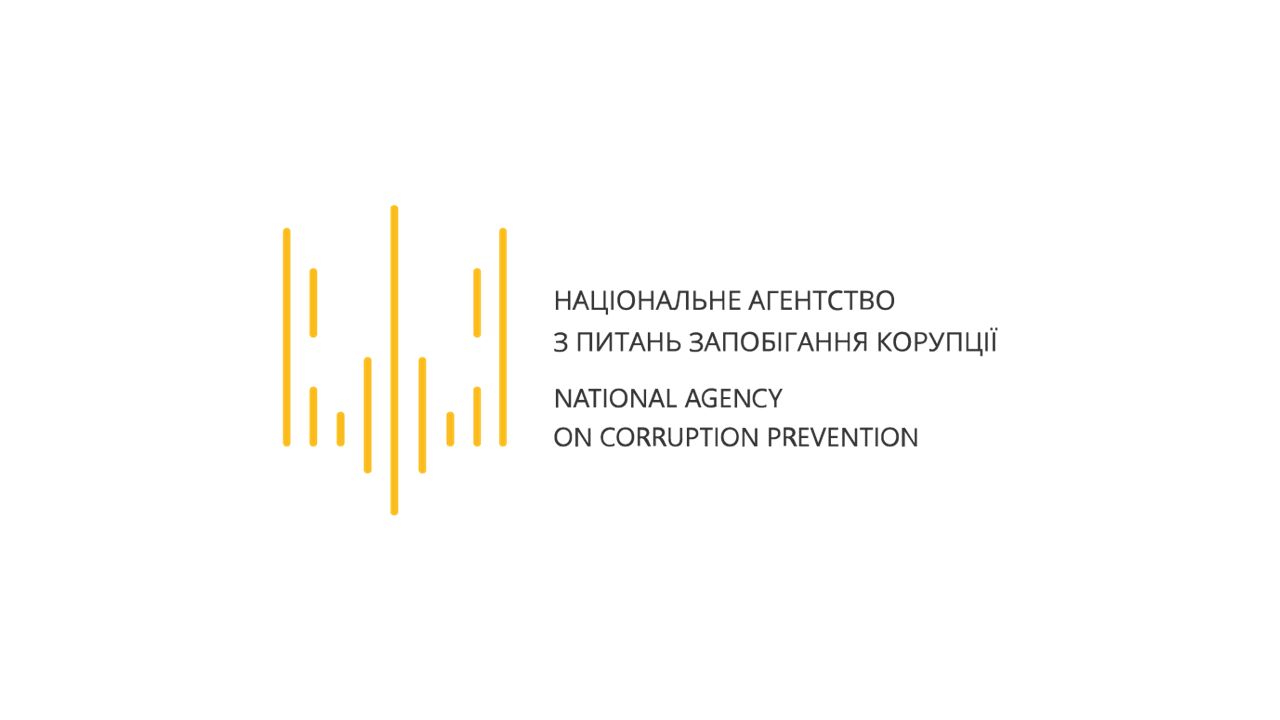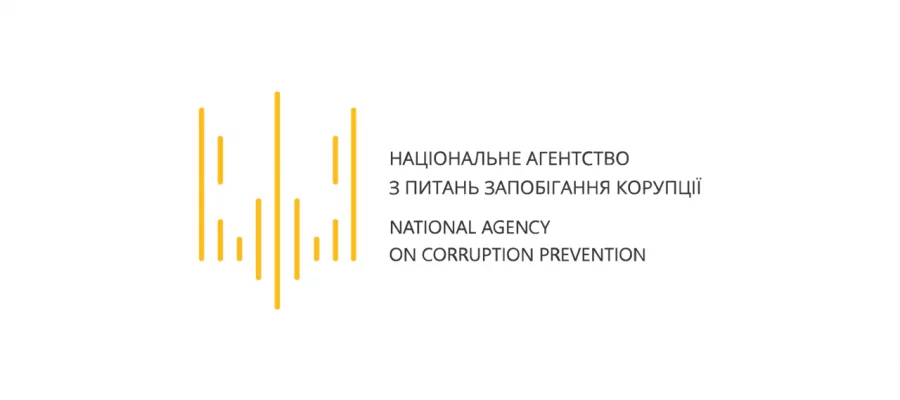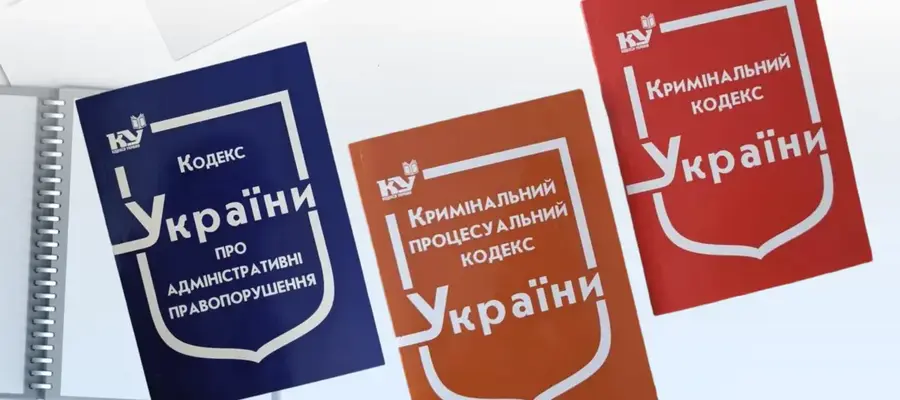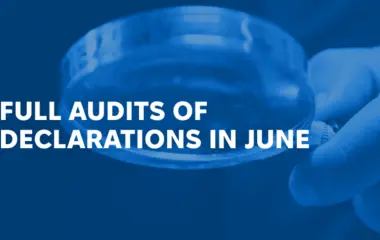Yesterday, October 31, the Council of Europe published an official letter from the President of the Group of States against Corruption (GRECO) Marin Mrčela and the President of the Venice Commission Gianni Buquicchio to the Speaker of the Verkhovna Rada of Ukraine Dmytro Razumkov regarding the last ruling of the Constitutional Court of Ukraine (CCU).
When deciding on the rapid recovery of the anti-corruption system, all the stakeholders should consider that it is not possible to provide it if the CCU’s ruling remains unchanged.
Thus, in this situation it is necessary to consider the following three aspects:
1. In its ruling, the CCU violated the Constitution of Ukraine at least twice:
 Regarding the letter from the Presidents of the Venice Commission and GRECO to the Chairman of the Verkhovna Rada on the constitutional crisis in Ukraine
Regarding the letter from the Presidents of the Venice Commission and GRECO to the Chairman of the Verkhovna Rada on the constitutional crisis in Ukraine
- The CCU interfered with the powers of the Parliament, noting that the establishment of criminal liability for declaring knowingly inaccurate information, as well as intentional failure to submit a declaration is an excessive punishment for committing these offenses. According to the Constitution of Ukraine, only the legislative branch of government can determine which action should be considered as a crime.
- According to the Constitution, all branches of government should act exclusively within their powers, in the manner and on the grounds provided by the Constitution itself and the laws of Ukraine.
 Regarding the letter from the Presidents of the Venice Commission and GRECO to the Chairman of the Verkhovna Rada on the constitutional crisis in Ukraine
Regarding the letter from the Presidents of the Venice Commission and GRECO to the Chairman of the Verkhovna Rada on the constitutional crisis in Ukraine









